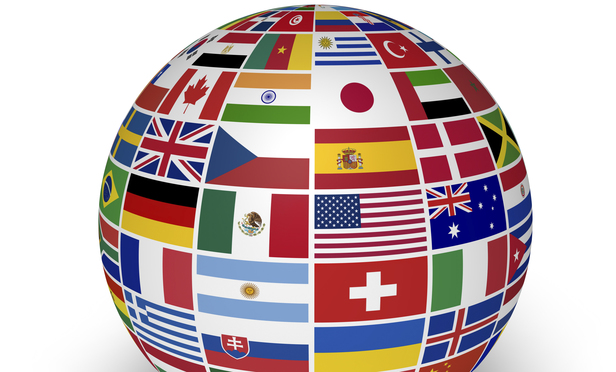In 2013, federal agencies raked in billions of dollars in sanctions under the U.S. Foreign Corrupt Practices Act (FCPA). Rooting out corruption in overseas business practices is high on the government’s list of enforcement priorities, and companies are taking note. A new survey from AlixPartners, a global business advisory firm, provides insights into how companies are handling the challenge of keeping their foreign dealings corruption-free.
The AlixPartners Global Anti-Corruption Survey polled general counsel, compliance officers and other executives working for international companies with annual revenues of $150 million or more to learn more about their views and practices regarding corruption.
Harvey Kelly, managing director and global financial advisory services leader at AlixPartners, told CorpCounsel.com that the survey’s results demonstrate that anticorruption is serious business. “This is a very real issue—it’s not just some academic issue that lawyers sit back and think about,” he said. “It’s affecting how companies do business, it’s affecting where they do business.”
He explained that the survey shows the natural tension between the need many companies feel to expand across the globe and remain competitive and the need to mitigate risk. “They’ve got to confront it, and be selective, and balance the risks and rewards of doing business with certain partners and doing business in certain parts of the world,” said Kelly.
The numbers show that many companies are thinking twice before interacting with any overseas partner. According to the survey, 30 percent of respondents reported their companies stopped doing business with existing partners due to concerns about corruption. Another 15 percent have pulled out of acquisition deals because they had doubts about the target’s compliance with anticorruption standards.
According to Kelly, when it comes to keeping a company corruption-free “no single procedure or step is bulletproof.” The survey shows that companies have deployed a variety of tactics to defend themselves—respondents reported that internal audits, employee training and greater oversight of records or internal controls were the most effective ways to reduce corruption risk.
Some 85 percent of respondents said they’ve written their own in-house anticorruption and antibribery policies, and 22 percent said that in the past year they’ve received a tip through a company hotline about a bribery or corruption threat.
The survey also compared levels of concern about compliance with anticorruption laws from one region of the globe to another. A majority of respondents in the U.S., as well as in Europe, the Middle East and Africa (EMEA), said that they see corruption risk across a wide range of industries. However, U.S. respondents tended to see a greater threat, with 40 percent saying their companies face significant corruption risk. Only 20 percent of EMEA respondents said the threats they face are significant.
Kelly believes that this perception gap between the U.S. and EMEA may be due to the high-profile nature of many bribery and corruption cases in the U.S. “To some degree, the government and legal community have been very effective here in America at making the message of the risk of corruption and the risks of violating the laws very public and very widely known,” he said.
As for the riskiest places to do business, 56 percent of respondents said that Africa was the highest-risk location, followed by Russia at 53 percent and the Middle East at 49 percent.






